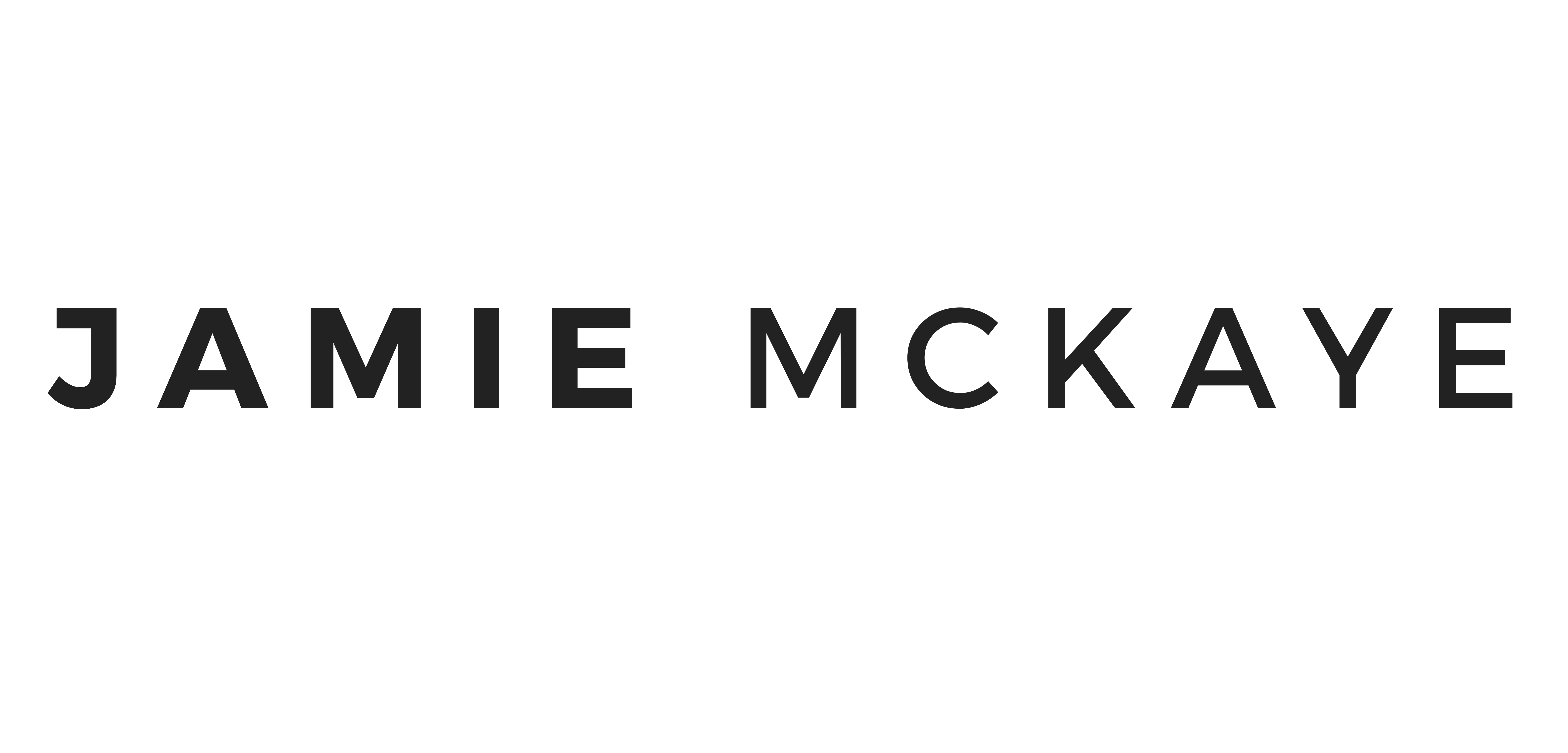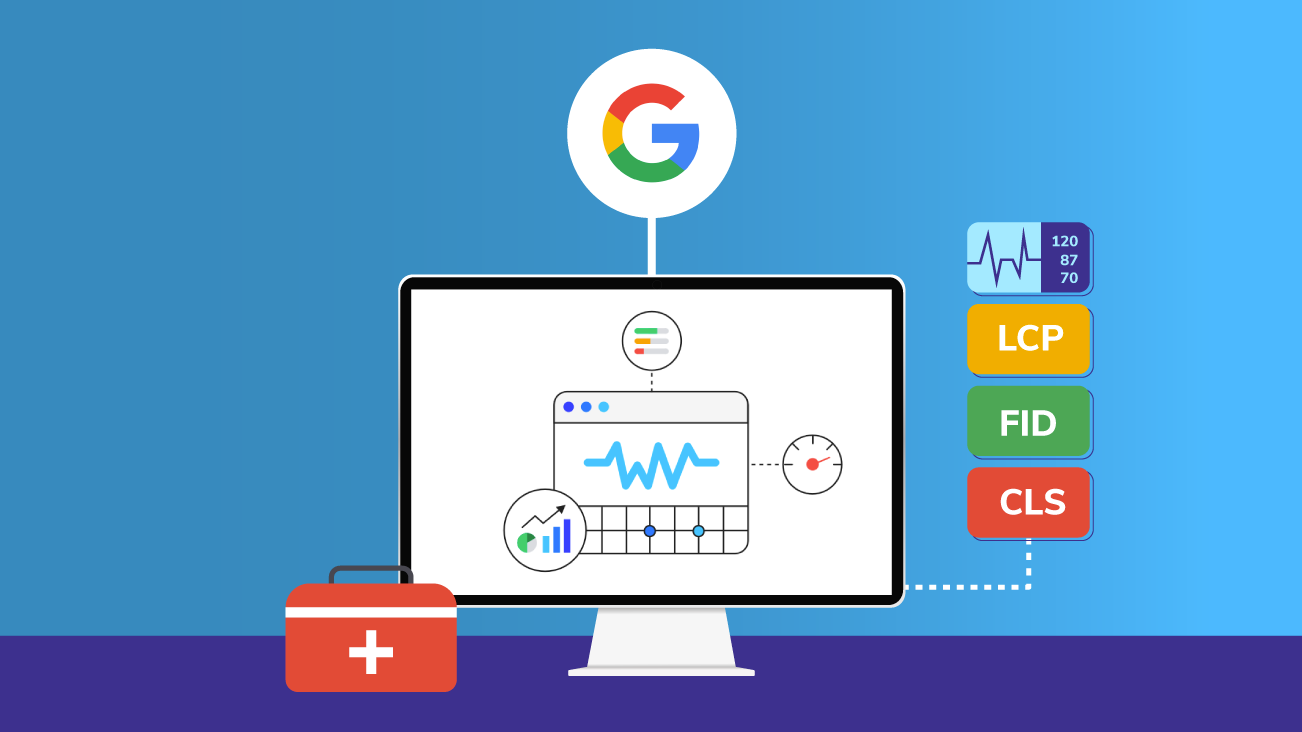Google on PageRank and the Open Source Pretenders

John Mueller weighs in with the lowdown on third party metrics...
They try to replicate Google’s own internal PageRank metrics, one of a wide range of metrics the search giant utilises to be able to rank websites effectively in Search, but are open source alternatives such as OpenPageRank useful?
How significant a role PageRank plays in the process of Google’s ranking algorithms has been a bone of contention over the years with an increasing number of people claiming its importance is far less today than it might have been back in the early days.
It is difficult to know for certain; Google removed the public indicators for PageRank back in 2016, making any official mention of it, or of similar metrics today, something that SEOs and other interested parties are always on the lookout for.
One initiative aimed at bringing back page rank metrics is OpenPageRank, created to allow for comparisons of different domains, something they seek to do by using open source data provided by common search and crawls.
Those crawls, collected and collated over the last 7 years contain petabytes of data from nearly 3 billion web pages. While impressive, those numbers are not in the same league as those crawled by any of the toplink providers; however this is effectively open source data, available to anyone for free.
OpenPageRank use that page rank data and do just that; they make it available to anyone, for free.
It might seem fascinating, but is the data actually useful? There seems no better person to look to for insight than Google’s John Mueller.
He was happy to share some too, in reply to a recent post on Reddit; he urged caution around confusing Google’s bona fide PageRank with open source alternatives. Here is what he had to say:
“It wouldn't be Google's PageRank. All of the other companies that run crawlers already have their own metrics (which are probably pretty robust in the meantime), so it would basically just be "Yet another Self-Made Link Metric". People already have enough metrics to look at when buying / selling links (and often they don't even know what those older metrics do or how they're calculated), another one isn't going to change any of that.”
John did appear to admit that the open source alternative was an interesting and even a fun one, especially for those looking to gain deeper insight into how linkgraphs work on the web, but touched upon the fact that, from a practical point of view the things you learn might be more useful than the data itself:
“Playing with big data sets can be fun, trying things with PageRank & other graph calculations can be fun, but none of this is really useful compared to taking that time to make a better website. If anyone reading this is keen on building something like this, imo, go off and build it - you will learn a lot along the way, and that knowledge & experience will be useful. The numbers that come out, not so much, but what you learn along the way will be.”
So take note, if your OpenPageRank rises, it would seem foolish to expect your actual ranking to do the same, and the same applies for ranking falls.





Comments